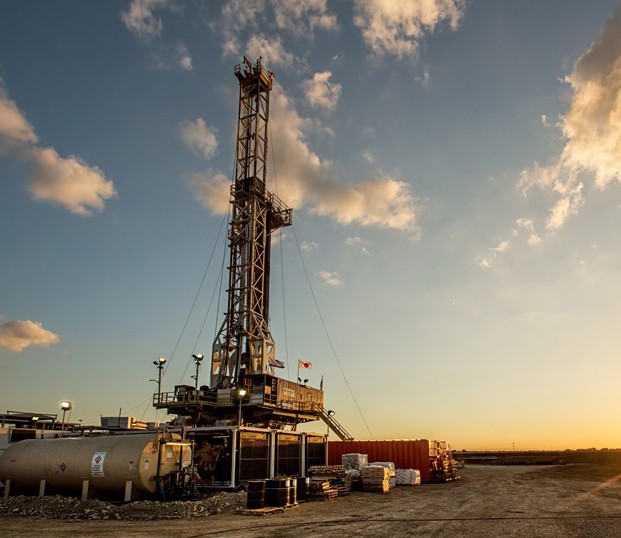Tokyo Gas Expects Half of Overseas Profit to Come from U.S. Gas by 2030
(Reuters) — Japan's biggest city gas supplier Tokyo Gas Co. Ltd. expects that by 2030 its U.S. shale gas and related businesses, including trading and marketing, will contribute around 50% to its targeted overseas profit, its president said.
The Japanese company paid $2.7 billion to acquire Texas-based natural gas producer Rockcliff Energy in December and agreed to purchase 49% stake in an energy marketing and trading firm in North America, ARM Energy Trading, this month.
"Our aim is to create a U.S. gas value chain by linking our projects to increase the value of our investments, rather than seeking profits from individual projects," President Shinichi Sasayama told Reuters in an interview this week.
To achieve both decarbonization and a stable energy supply, Tokyo Gas has been reshuffling its portfolio, broadening its U.S. reach from upstream assets to mid- and downstream businesses, while divesting some minority stakes in gas projects in Australia.
"We want our U.S. shale and surrounding operations to generate about a half of our overseas profit in 2030," Sasayama said, as the company seeks to raise overseas profits by 2030 to 50 billion yen ($333 million), triple its 2019 overseas profits.
The company has an overall profit target of 200 billion yen by 2030.
Asked about the current pause in U.S. LNG export permits enacted by the Biden administration, Sasayama said it will have no immediate impact on its gas operation.
"But we can't be optimistic as regulations may become even more stringent... If necessary, we would work with the Japanese government and others to discuss the issue," he said.
Still, Tokyo Gas sees North America as a promising region, along with Asia.
"The U.S. market has a great growth potential," Sasayama said, noting the potential for the connection and development of various decarbonization projects such as renewable energy and synthetic methane.
Tokyo Gas is also considering the implications of Donald Trump's possible re-election as U.S. President in an election in November.
"We had taken that into consideration when buying Rockcliff... but it's hard to imagine Trump puts the brakes on the projects in Texas and Louisiana as they are Republican strongholds," Sasayama said.
In Asia, Tokyo Gas is studying two LNG-to-power projects at Quang Ninh and Thai Binh in Vietnam and hopes to start commercial operations in late-2027 and in 2029, respectively.
"We want to leverage our portfolio and engineering capabilities to contribute to LNG projects throughout Asia," Sasayama said, but added the timing of a final investment decision has not been set.
Diversifying LNG Procurement
Tokyo Gas, Asia’s major LNG buyer, has been diversifying its procurement sources, buying about 13 million metric tons of the super-chilled fuel a year from 13 projects in four countries.
It is also diversifying commercial networks from traditional trading areas in Asia to Europe and North America and strengthening its trading functions to become more flexible in buying and selling cargoes, Sasayama said.
When questioned about the renewal of soon-to-expire long-term contracts with Malaysia's Petronas, Sasayama said Tokyo Gas has good relations with Petronas in LNG trade and beyond but gave no direct answer.
($1 = 150.1100 yen)
Related News
Related News

- Keystone Oil Pipeline Resumes Operations After Temporary Shutdown
- Freeport LNG Plant Runs Near Zero Consumption for Fifth Day
- Biden Administration Buys Oil for Emergency Reserve Above Target Price
- Mexico Seizes Air Liquide's Hydrogen Plant at Pemex Refinery
- Enbridge to Invest $500 Million in Pipeline Assets, Including Expansion of 850-Mile Gray Oak Pipeline





Comments